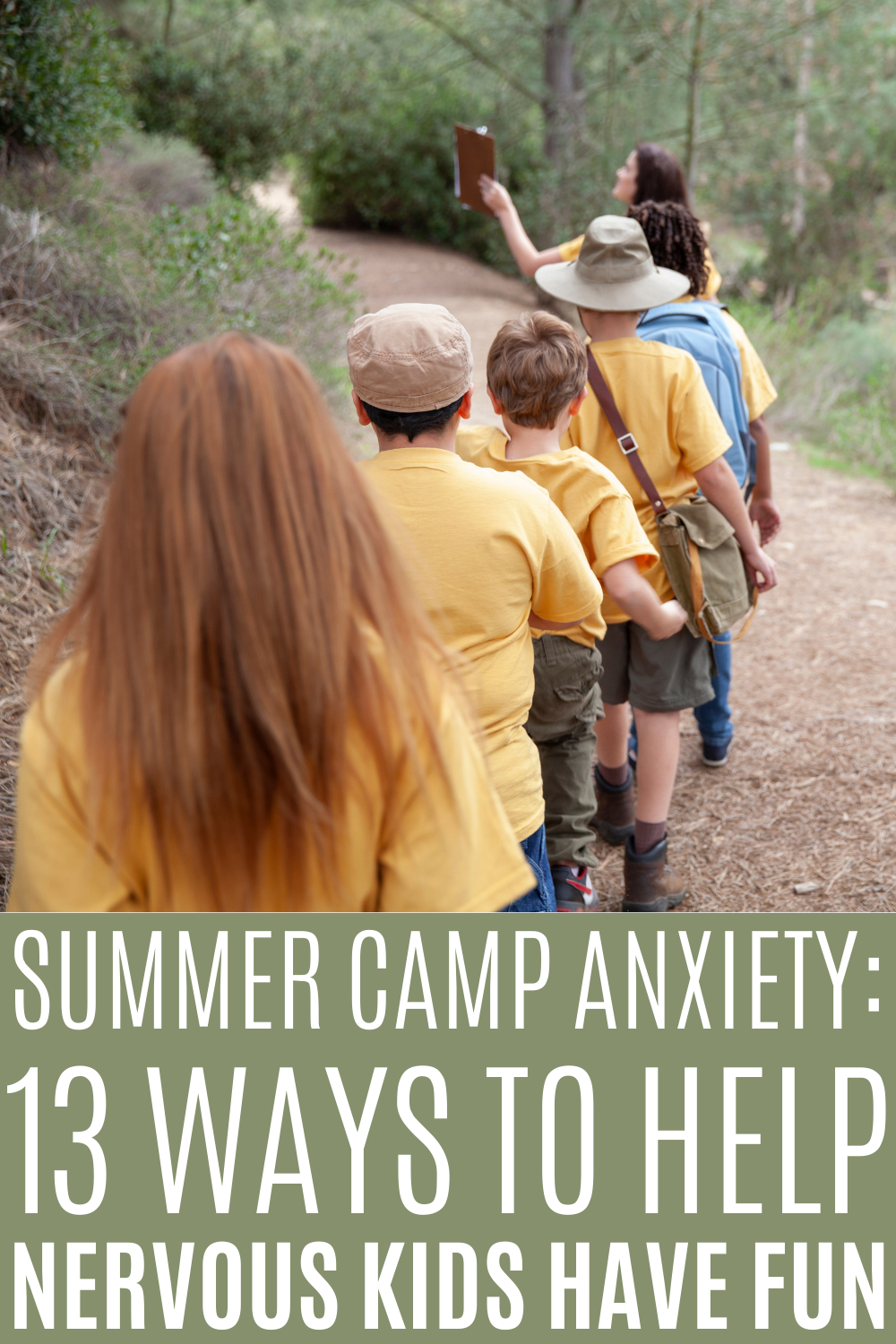Parenting is a journey filled with joy, challenges, and countless learning experiences. One of the most significant challenges parents face is disciplining their children effectively without resorting to yelling. Research indicates that yelling can have adverse effects on children’s emotional and psychological well-being, potentially leading to anxiety, reduced self-esteem, and behavioral issues. Therefore, adopting positive discipline strategies is crucial for fostering a healthy parent-child relationship and promoting children’s overall development.Parents
In this comprehensive guide, we will explore alternative discipline strategies that emphasize connection, understanding, and respect. By implementing these approaches, parents can nurture their children’s growth and encourage positive behavior without the negative consequences associated with yelling.
Understanding the Impact of Yelling on Children
Yelling is often an instinctive reaction to misbehavior, but it’s essential to recognize its detrimental effects. Children subjected to frequent yelling may experience increased anxiety, diminished self-worth, and strained parent-child relationships. Moreover, yelling can model aggressive communication styles, leading children to replicate similar behaviors.
Principles of Positive Parenting
Positive parenting revolves around guiding children with empathy, respect, and clear expectations. This approach fosters a nurturing environment conducive to healthy development.
Building a Strong Parent-Child Connection
A robust bond between parent and child lays the foundation for effective discipline. Engaging in regular, quality time together enhances trust and mutual respect, making children more receptive to guidance.
Setting Clear and Consistent Boundaries
Children thrive when they understand the limits and expectations set for them. Consistent boundaries provide a sense of security and help children develop self-discipline. kidshealth.org
Encouraging Intrinsic Motivation
Fostering intrinsic motivation involves helping children find internal satisfaction in their actions rather than relying solely on external rewards. This approach promotes genuine interest and commitment to positive behaviors. Wikipedia+1Parents+1
Effective Communication Techniques
Open and respectful communication is vital in positive parenting. It ensures that children feel heard and understood, reducing the likelihood of misbehavior.
Active Listening
Active listening involves giving full attention to the child, acknowledging their feelings, and responding thoughtfully. This practice validates the child’s emotions and encourages open dialogue.
Using “I” Statements
“I” statements allow parents to express their feelings without placing blame, reducing defensiveness and promoting constructive conversations.
Empathy and Validation
Recognizing and validating a child’s emotions fosters empathy and strengthens the parent-child relationship. It teaches children to understand and manage their feelings effectively.
Implementing Natural and Logical Consequences
Consequences are more effective when they are directly related to the misbehavior, helping children understand the impact of their actions.
Understanding Natural Consequences
Natural consequences occur without parental intervention, allowing children to learn from the direct results of their actions. For example, if a child refuses to wear a coat, they may feel cold outside.Ask Mom Parenting+1


